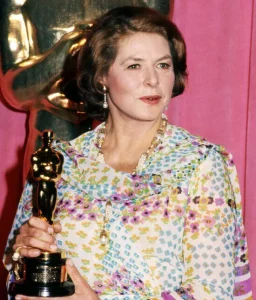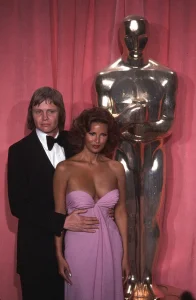Long before viral moments and Twitter debates, the 1975 Academy Awards proved that Hollywood’s biggest night could be as contentious as it was glamorous. From political fireworks to awkward hosting, the ceremony remains one of the most talked-about in Oscar history.
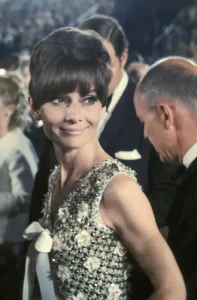
Dustin Hoffman’s disdain for the event was palpable. Nominated for Lenny, the method actor scoffed at the pageantry, calling it out of touch—a sentiment that hung over the evening. Host Frank Sinatra, usually unflappable, stumbled through jokes and seemed visibly off his game, even drawing rare boos after mocking Hoffman’s principled stand.
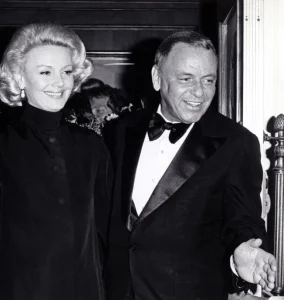
Then came Bert Schneider’s bombshell. Accepting Best Documentary for Hearts and Minds, the producer read a pro-Viet Cong statement that ignited instant backlash. Bob Hope’s furious rebuttal, delivered via Sinatra, only deepened the divide—with Warren Beatty cheekily calling out the conservative pushback live on air.
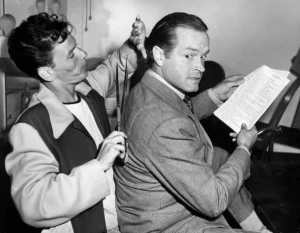
Amid the chaos, Ingrid Bergman’s win for Murder on the Orient Express stood out as a rare unifying moment. Once blacklisted for her personal life, the screen legend received a tearful standing ovation—a sign of Hollywood making amends.
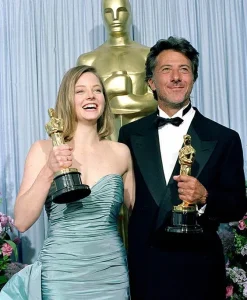
Even the night’s quieter moments have aged provocatively. A seemingly harmless photo of Jon Voight and Raquel Welch presenting now sparks debates about vintage Hollywood’s casual sexism, proving how far norms have shifted.
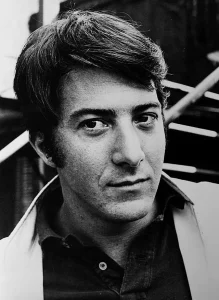
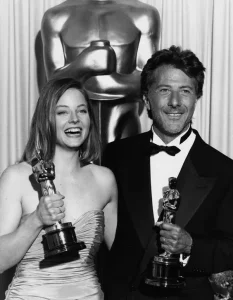
The 1975 Oscars weren’t just a celebration of film—they were a snapshot of an industry, and a country, wrestling with its identity.
